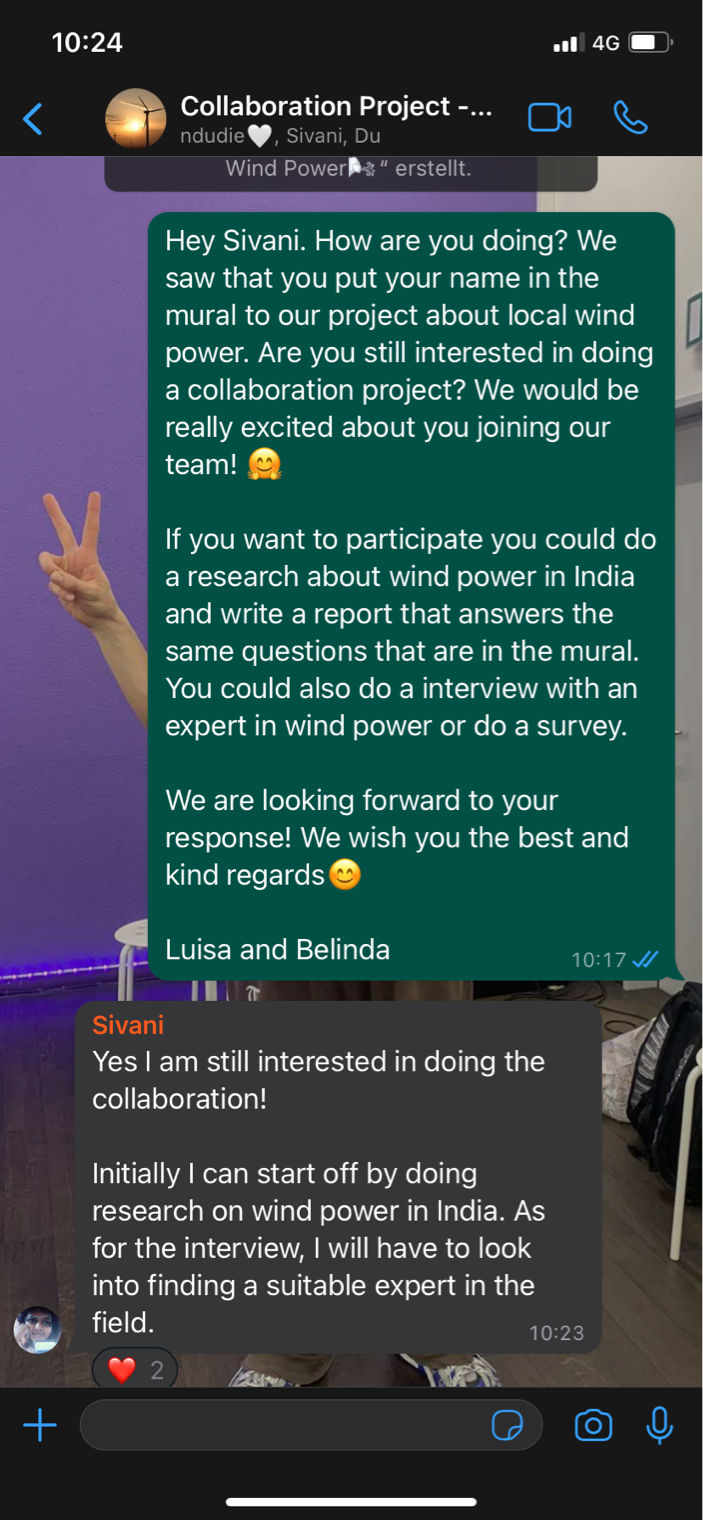[Title]
[Self-made header picture = "big intro picture", Photo, Drawing, Cartoon]
[Short Intro: Research question, highlights of the article]
[Relation to the Project befter - before & after the experience - what did you know before and what new treasure of experience (Erfahrungsschatz) did you gain? Did it influence your mindset (Einstellung)?]
[Main body]
[Methodology]
[Media creations: Video, Audio]
[Interview]
[Picture gallery with captions (Bildbeschriftung)]
[Survey results, Graphics, tables, etc.]
[Experience, Reflection]
[Insights, experience, conclusion, tips for future teams, technical advice, etc.]
[Name of the authors]
[1] Source links (external links, new window)
[Internal links]
Text
Text
[Shift+Enter] (small line spacing)
Insert copied text from a document so that there is no formatting (formatting is best done after inserting the text)
[Ctrl+Shift+V]
Pictures, kB is ok but no MB (don't waste energy!)
[resize the pictures before uploading]
Shortening a post with [more]
----some imputs for Shruthi----
What is the definition of "conflict"?More...
Entwicklung des Projektes
Inspiraton
In der Sekundarschule hatte Mia im Englisch Unterricht das Thema Korallenriffe. Noch nie hatte sie so im Unterricht zugehört, wie bei diesem Thema. Im Frühling konnte sie nach Thailand in den Urlaub und war zum ersten Mal schnorcheln. Obwohl sie Angst vor Fischen hatte, welche ihr zu nahe kamen, war sie von den bunten Korallen fasziniert. Sie sahen friedlich und farbenfroh aus.
More...
As a collabartion partner I could win my former primary school teacher. He lived in Thailand for several years and still has contacts from there. I would like to ask him what the sewage situation is like there. I wrote down some questions that I could ask him:More...
We made a groupchat with the student Sivani from Kerala and wrote her a message with the informations about our project and suggestions on how we could collaborate. She immediately answered us and now we all can begin with our research!

From Luisa and Belinda
Since I have not been able to find any collaboration partners so far, I would like to give some thought to who else I could ask for this.
1. In primary school I had a teacher who lived for a few years in south africa and thailand. I could ask him, if he knows anyone who could I ask. Maybe he has also some informations for me.
2. I could ask WWF if they can give me some further information about wastewater treatment in other countries. Especially in eastern or african countries (https://www.wwf.ch/de/ueber-uns/kontaktformular)
3. Another option is Helvtas. They provide humanitarian help in the most poor countries (https://www.helvetas.org/de/schweiz/wer-wir-sind/kontakt)
4. Eawag is a water research institute with international roots. Perhaps they can tell me about the conditions in other countries (https://www.eawag.ch/de/ueber-uns/portraet/auftrag-und-strategie/)
Ideas from the teacher:
1. Alexandra Kappeler 1st degree connection1st
Programme Manager & Deputy Head of Expert Group «Construction»
alexandra.kappeler@gmail.com
2. WASH ExpertWASH Expert
Swiss Humanitarian Aid SHA, Federal Department of Foreign Affairs FDFA
3. https://www.eawag.ch/en/department/sandec/
Special Idea:
The company „Vuna“ provides a different method for wastewater. Maybe I can integrate it in my project (https://vuna.ch)
Hello & welcome everyone
The current situation in Ukraine is very touching. The war has been going on for about a year now. Aside from the horrors caused by the bombardments, occupation, etc. different environmental problems have developed. We would like to create an insight on these aspects of the war.
For further information visit our script: https://2023.thehorse.education/post/ecolocical-impact-through-war-the-script
Updates will follow soon!!
Start with The New Horse 23 ->All tasks will be here on The Horse 23!
https://2023.the-horse.education/
It's all about communication and collaboration across cultures, across borders,
in the context of a "real life" project.
«The Horse» concept - Realizing environmental projects collaboratively
«The Horse» is a symbol for being on the road and the lighthouse points the way.
Learning through experience fosters sustainable thinking and acting! Students from various countries get the opportunity to tackle collaborative projects in an international context. «The Horse» concept demands & promotes professional, social, linguistic and media skills of learners and teachers.